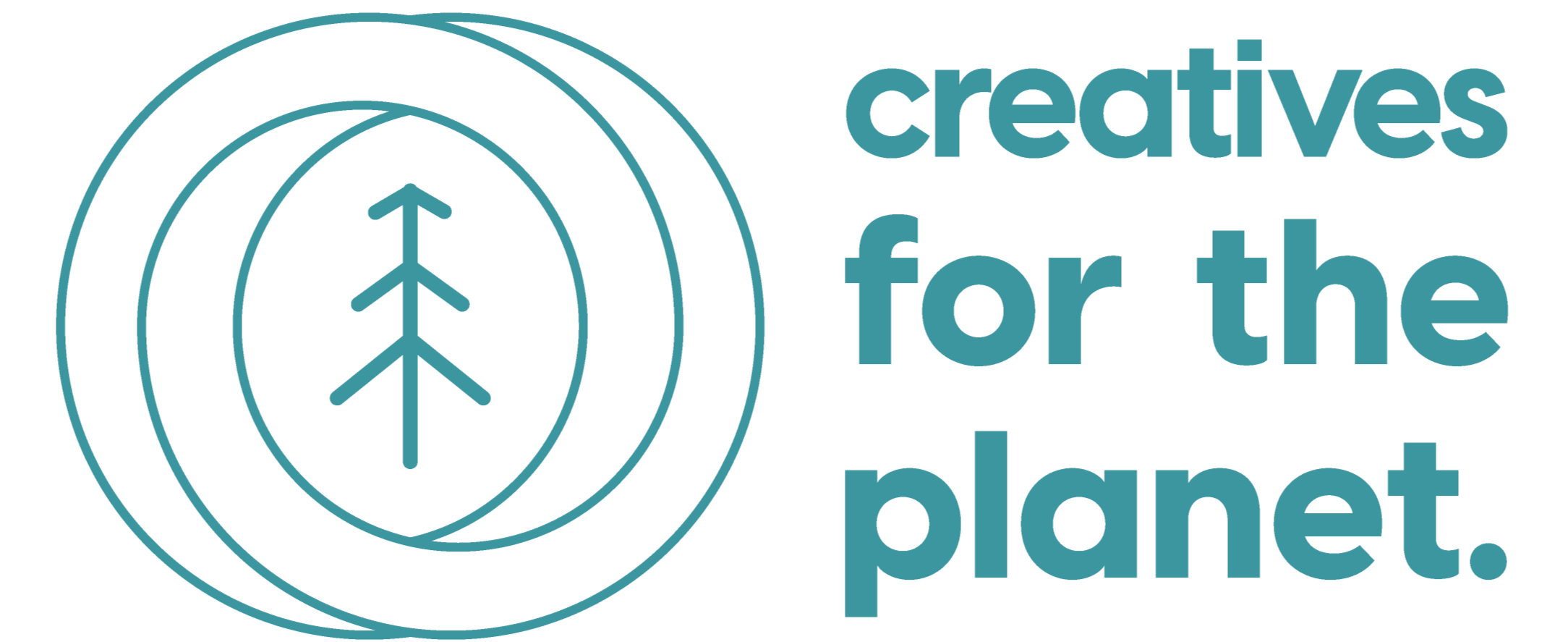Every year some 192,000 million litres of water (192,764 million, to be exact) rain on Ibiza, at a rate of 337 litres for each of the island’s 572 million square metres. Bearing in mind that the annual consumption of Ibiza’s inhabitants (and visitors) amounts to 18,700 million litres, this means that the sky gives us ten times more water each year than we need. If we add agricultural and industrial consumption to urban consumption (68% of the total), the total consumption is around 27,000 million litres, that is 27 hm3.
Of course, this ‘old wives’ account’ overlooks the fact that much of the rainfall ends up in the sea or seeps into the ground, either swelling aquifers or evaporating (up to 80% of rainfall) and quenching the ‘thirst’ of plants. But let’s imagine that this were not so: could we take advantage of every drop of water that falls on the Pitiusas and thus avoid (or mitigate) the constant water stress to which the archipelago is subjected?

So believes engineer and landscape architect Stefan Meier, who has been designing and building “holistic water management projects” on Ibiza for years through his companies, Naturaleza y Arte and The Biopool: “I have holistic water management projects, which starts with the catchment of river water. I have a client who is building luxury villas on large plots of land, where a lot of river water can be captured, and my aim is that all the consumption of the house comes from rain”. The rain is stored in roof tanks (required by law in new constructions) or underground cisterns, an ancestral solution that Meier is fighting to make 100% legal: “It is a technology that was already used by the Phoenicians and the Arabs, and which allows a large amount of water to be collected and stored,” he explains. The aim is “that not a single drop of fresh water ends up in the sea”, in line with the philosophy of Alianza por el Agua.
Water Alliance
Alianza por el Agua de Ibiza y Formentera was formed with the main actors of the civil society of the Pitiusas. Since then, its voice is the ‘Pepito Grillo’ of this valuable resource, essential for life. The past months of March and April brought copious and unexpected rainfall to Ibiza, which managed to get out of the pre-alert situation due to drought in which it had been plunged since last autumn.
Inés Roig, a technician with the Alianza por el Agua, celebrated this situation in an interview with Cadena SER on 22 March, coinciding with World Water Day: “Ibiza’s water reserves are finally back to normal. The summer season is always compromised in terms of water resources. Although we are in this situation we need to remember that water is not an infinite resource, it is very likely that the drought will continue year after year. It is important that we take care of it drop by drop to be a more resilient society.
What does the state of pre-alert mean with regard to water? Ibiza is in a state of constant pre-alert. This means that our aquifers have been below 50% for more than three consecutive months”, explained Mónica Madrid, councillor for the environment at Santa Eulalia Town Hall, during the conference ‘Tourism and the Environment: in search of compatibility’, held on 2nd June, in the aforementioned Ibizan town.

Water, of course, was very much present during the debate, because the tourist season has a huge impact on freshwater consumption in Ibiza and Formentera: tourism consumes one in every four litres of water on the islands. However, it is this same tourism that brings wealth to the island and allows it to finance infrastructures such as the desalination plants, which provide an essential flow of water for the island. The three desalination plants in operation on the island (Ibiza, San Antonio and Santa Eulalia) produce 45% of the water consumed on Ibiza.
“The desalination plants are a good step”, says Stefan Meier, “but they have several negative points: on the one hand, the concentrated aline that has to be returned to the sea. They also consume a lot of energy (about 8 GW in the case of Ibiza) and this energy is not renewable. The solution? “The reuse of water up to two and three times”, according to Meier.
Links:
–Alianza por el Agua Ibiza y Formentera
–El turismo consume uno de cada cuatro litros de agua en las islas, Nou Diari, June 1st 2022
–Red de infraestructuras de abastecimiento y desalación, Gobierno Balear.
–Informe hidrogeológico de Ibiza y Formentera, IGME [.pdf]

